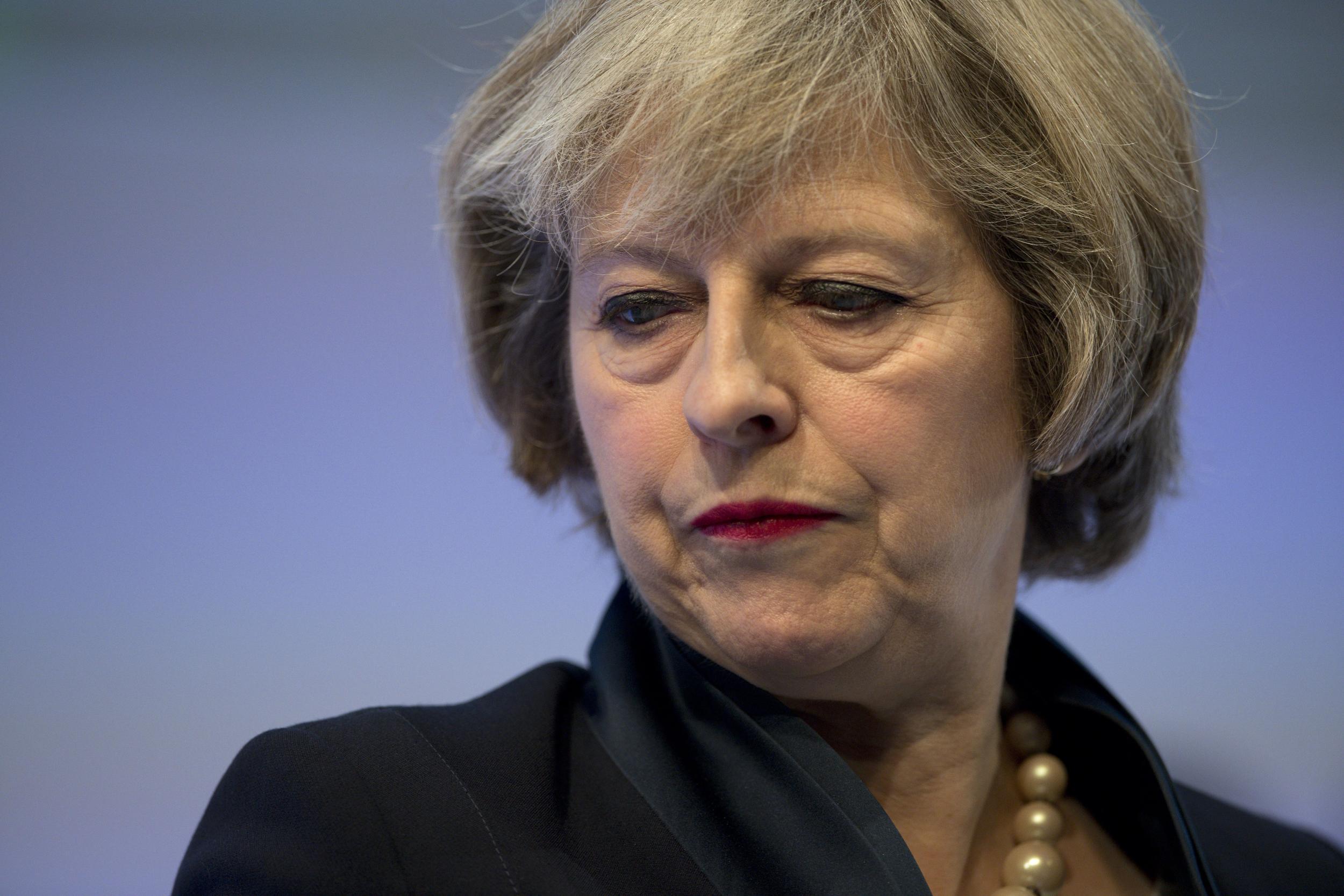Theresa May’s insistence that Britain should impose controls on freedom of movement means the UK will by definition leave the single market, a panel of economists have told MPs.
The Treasury Select Committee was told that restricting the flow of workers into the UK was the equivalent of restricting imports of cars – and that suggestions both were compatible did not make sense.
They also warned of potential damage to the UK’s economic prospects from the withdrawal.
“One should understand that the single market just is an area of free movement of goods, services, capital, and labour. There’s no such thing as being in the single market but having restrictions on free movement. That is in the nature of the beast,” Andrew Lillico, executive director of Europe Economics said.
“That is not merely a political commitment – that is to understand what a single market is from an economic perspective.
“I don’t really see a distinction between saying I’m allowed to restrict imports of cars but I’m going to stay in the single market and I’m going to restrict inward migration of people but I’m going to stay in the single market. I don’t think either of those ideas make any sense.”
Ms May has said Britain will aim for the “best possible access” to the single market – but only after it has restricted freedom of movement in an as yet unspecified way.
Jonathan Portes, research fellow at the National Institute of Economic and Social Research, told the committee it was reasonable to conclude that the UK economy would suffer as a result of single market withdrawal.
He said there was a possibility that the UK could begin trading more with other countries from around the world but that there was little evidence to suggest that this would actually happen.
“I think there is no question, there is a lot of evidence that Britain has benefited from the degree of economic integration with the rest of Europe,” he told the MPs.
“It therefore follows that it is a logical conclusion that any reduction in that will have negative consequences for the UK.”

Dr Martin Weale, a professor in the Department of Political Economy at Kings College London, said the UK would lose out if trade was reduced.
“I share the view that Britain’s economic interest would be served by remaining in the single market," he told the MPs.
"Economists have talked for centuries about gains from trade, and empirical work that has been done shows that there are indeed gains.”
The analysis comes just days after ministers with responsibility for Brexit – David Davis and Boris Johnson – suggested that the UK could continue to pay money into the EU budget to retain access to the single market.
Ms May today gave further details about what Brexit would look like, telling reporters it would be "red, white and blue".

Join our commenting forum
Join thought-provoking conversations, follow other Independent readers and see their replies
Comments